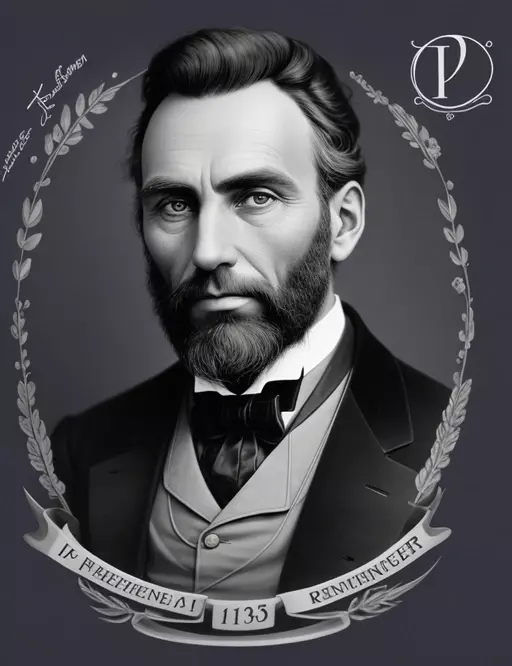Wilhelm Conrad Roentgen's Nobel Prize Triumph: Pioneering X-rays and Transforming Science
Honoring the First Nobel Prize in Physics Awarded on December 10, 1901

Wilhelm Conrad Roentgen's Nobel Prize Triumph
On December 10, 1901, the world of science witnessed a historic moment as Wilhelm Conrad Roentgen was awarded the first Nobel Prize in Physics for his groundbreaking discovery of X-rays. This recognition marked a transformative milestone in the field, underscoring the profound impact of Roentgen's contribution to scientific exploration.
Discovering X-rays: A Scientific Breakthrough
Roentgen's discovery of X-rays opened a new frontier in scientific inquiry. His meticulous experiments with cathode rays led to the identification of a previously unknown form of electromagnetic radiation. The revelation of X-rays revolutionized the way we perceive the invisible realms and paved the way for advancements in radiography and medical diagnostics.
Transformative Impact on Science and Radiography
The Nobel Prize acknowledged Roentgen's contribution to science and highlighted the transformative impact of X-rays on radiography. The ability to capture images of the internal structures of objects, including the human body, revolutionized medical diagnostics and contributed to a deeper understanding of the physical world. Roentgen's work laid the foundation for countless applications in medicine, industry, and scientific research.
Beyond the Nobel Prize: Roentgen's Enduring Legacy
Wilhelm Conrad Roentgen's legacy extends far beyond the Nobel Prize. His pioneering work not only brought him international recognition but also set the stage for further advancements in physics and related fields. The enduring legacy of X-rays continues to shape modern medicine, industry, and scientific exploration.
Commemorating a Pivotal Achievement
As we reflect on December 10, 1901, we commemorate Wilhelm Conrad Roentgen's pivotal achievement and the lasting impact of X-rays on scientific discovery. This Nobel Prize marked a new era in our ability to explore the hidden dimensions of the world around us, leaving an indelible mark on the history of physics.
Join us in honoring Wilhelm Conrad Roentgen's Nobel Prize triumph on December 10, 1901. His groundbreaking discovery of X-rays not only earned him international acclaim but also transformed the landscape of scientific exploration. As we celebrate this historic achievement, we acknowledge the enduring legacy of Roentgen's contributions to the world of physics and radiography.



